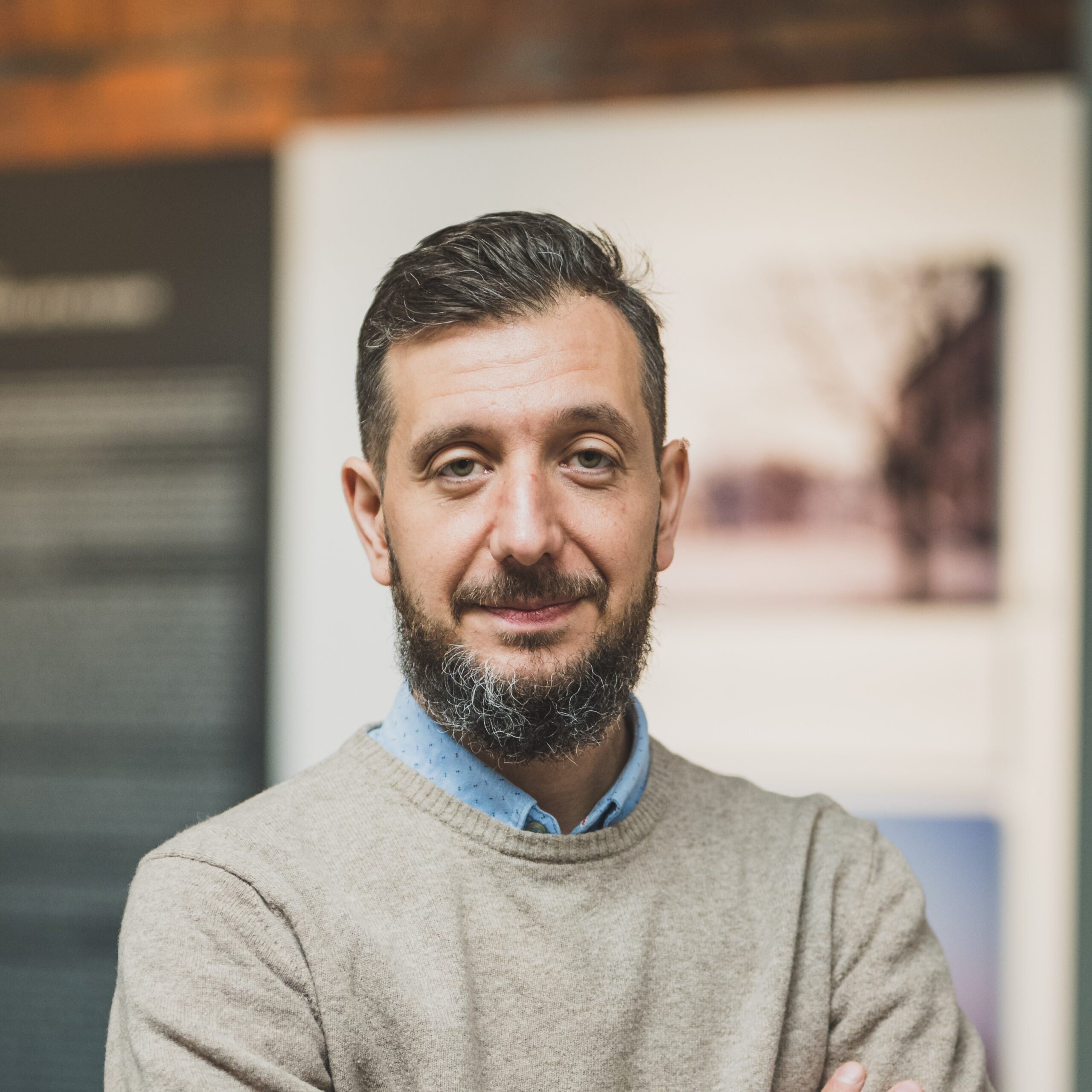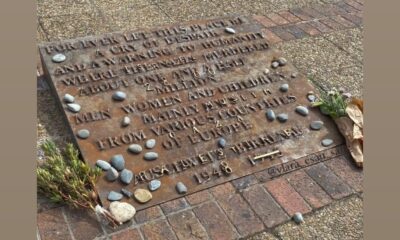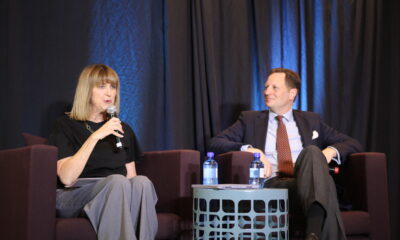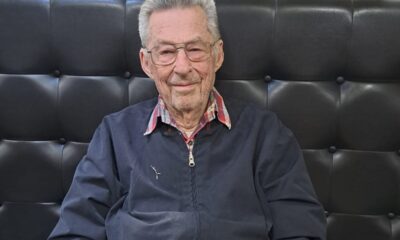
Featured Item

Learning from Poland – Holocaust Centre gets new director
Published
9 months agoon
The incoming director of the Cape Town Holocaust & Genocide Centre (CTHGC), Jakub Nowakowski, may not be Jewish or South African, but he comes from Poland, the country where much of the Nazi genocide took place, and has a passion for Holocaust education and learning from his country’s past.
Nowakowski, who goes by the nickname Kuba, was born and raised in Kazimierz, the former Jewish district of Kraków. Coming from a non-Jewish family that has lived in that region for generations, he felt compelled to research its history from an early age. This led to a lifelong quest of trying to understand the Holocaust and educating about the tragic consequences of prejudice. Now, he has chosen to bring his expertise and passion to Cape Town, and by extension, the South African Jewish community.
It has been a long journey to get to this point. “When I was brought up in post-war Poland in the 1980s, no Jewish story was present,” he says. “There was no pride in the fact that the oldest synagogue in Poland was around the corner, and that some of the most important Jewish scholars, rabbis, philosophers are buried in the cemeteries [in Kazimierz]. Poland is unique because for centuries, it was a centre of Jewish civilisation. At the end of 18th century, about 75% of all Jews lived in what was then the Kingdom of Poland. And then, 200 years later, it became the ground zero of the Holocaust.”
Growing up, “We lived in this ‘Atlantis’, not knowing what surrounded us,” he says. “At some point, I discovered fragments of that past. I realised that these were things that survived the Shoah and had somehow found a way into our lives. Since then, I’ve been looking for answers. To be honest, I’m still looking for answers, perhaps to different questions, but it’s something that has always pushed me forward.”
Nowakowski graduated from the department of Jewish Studies at the Jagiellonian University in 2007, where he wrote his thesis on Jewish resistance in Kraków during World War II. His interest in Jewish history and Polish-Jewish relations led him to become a student volunteer and member of the Polish-American-Jewish Alliance for Youth Action, creating dialogue between young Poles, Jews, and Americans.
In 2005, Nowakowski joined the staff of the Galicia Jewish Museum in Kraków, which opened the previous year. In 2006, he joined the museum’s education department, and in 2008, he became its manager. In 2010, after an international competition, Nowakowski was appointed the Galicia Jewish Museum’s director. He has also curated exhibitions, written books, and given lectures internationally on the Holocaust.
Speaking to the SA Jewish Report from Kraków shortly before he and his young family made their way to Cape Town, Nowakowski said, “I’ve been the Galicia Jewish Museum director for 13 years and it’s been an amazing time. They’ve been intensive years. In 2010, we had about 20 000 visitors. In 2019, just before the COVID-19 pandemic, we had more than 70 000 visitors to the museum. On top of that, we’ve worked with more than 40 000 people across Poland. Then the pandemic and the war in Ukraine hit, with thousands of refugees coming to Kraków.
“My wife and I thought it might be time for a change, and we’ve been looking for a place where we can make a change. In Poland, we were able to change how non-Jewish Poles perceived Polish-Jewish history and Polish-Jewish relations.”
He has worked with Holocaust educators in South Africa over the years, had exhibitions travel to South Africa, and has hosted groups from South Africa in Poland. “I’ve been interested in the context of South Africa – how to teach the Holocaust in a place that has so much trauma and pain. When I learned about this opening at the CTHGC, I thought perhaps this is the next place.”
He’s excited about many aspects of the new role. “One of the biggest questions we’ve been asking ourselves is why non-Jewish Poles should be interested in Jewish history and the Holocaust. I guess this is the same question that people are asking in South Africa: why non-Jewish African people that often haven’t met a Jew in their lives and are far away from Europe, Poland, and Auschwitz should care? And, what are the universal lessons of the Holocaust that are important for people all over the world?
“This is one of the challenges, and it’s also one of the things that excites me, that we’ll be able to try to find answers to, and work within this new context.”
He “believes in evolution rather than the revolution”, he says, and he’s not rushing headlong into making changes. “Certainly, the first months will be for me to learn, soak in everything, and get to know everybody. The centre has been doing amazing work for years and its educational programmes are impressive. What I’ll be able to bring with me is a bit of a different context, coming from Europe and having worked with institutions from Europe and the United States.
“In many ways, the centre is different from most others around the world,” he says. “Most of the people that are coming to the centre are non-Jewish Africans. And again, we need constantly to ask ourselves how to make this relevant. What are the unique lessons of the Holocaust that will be important for them beyond the basic facts? The centre is unique in its location, its audience, its special community of [Holocaust] survivors, and the wonderful community that surrounds it.”
He has visited South Africa, and from what he’s seen so far, “the community is strong and proud of its identity. I find it fascinating and impressive. The community is diverse and the infrastructure of life – schools, synagogues, museums – this is all very impressive, especially when one comes from post-Holocaust Eastern Europe. We’ve been taken by how generous and friendly people have been, both Jewish and non-Jewish. We’re excited to be coming to Cape Town, and we hope we’ll be able to become part this wider family and community.”










